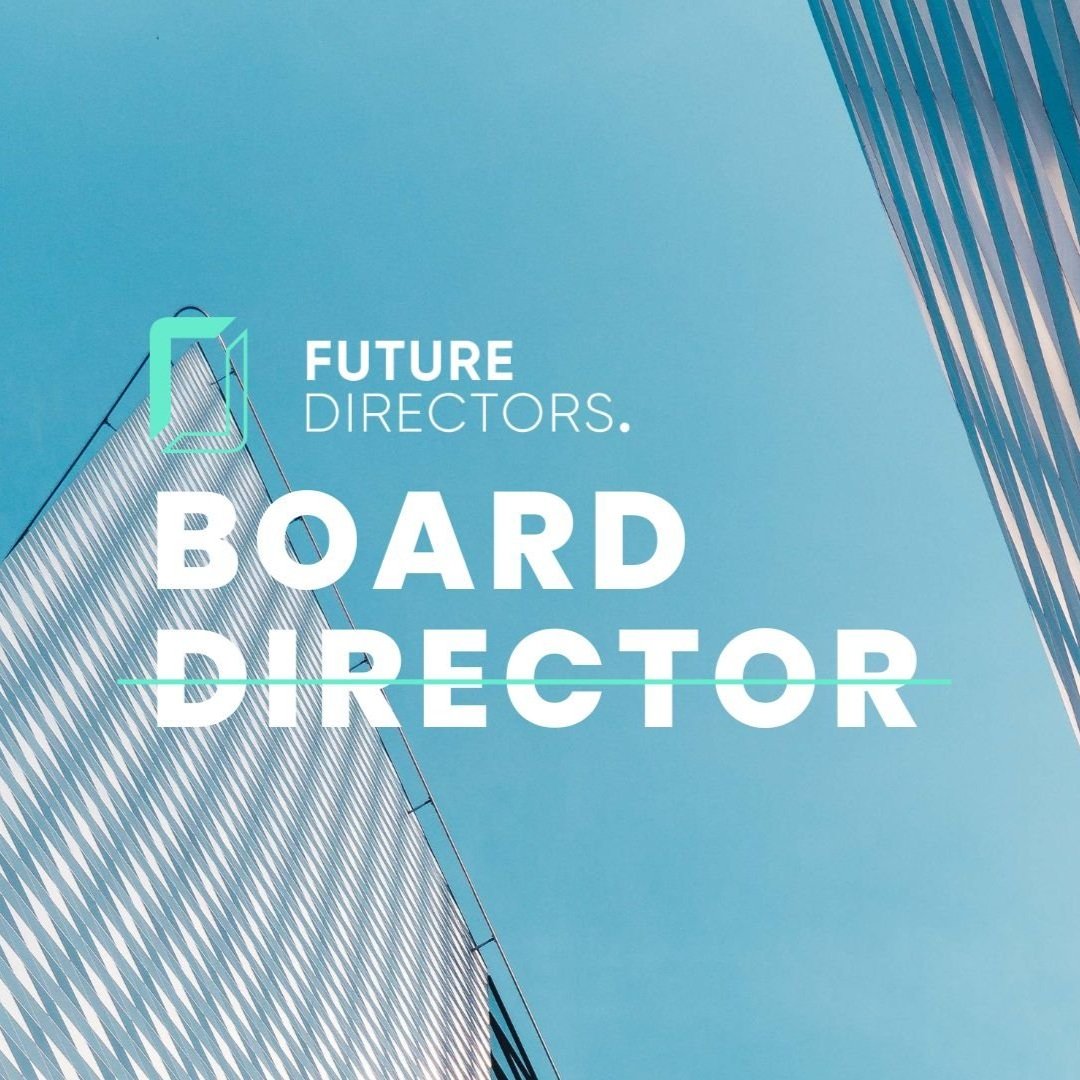
INSIGHTS & ARTICLES

Unleashing Boardroom Brilliance: Harnessing the Power of Learning Habits
There is very little in place for boards, and the overriding expectation is that a director is responsible for their own L&D. However, that doesn't speak to the collective board group needs and how a board may need to evolve and grow together.

Cultivating a Learning Mindset: Empowering Chairs to Accelerate Board Training
As a board chairperson, you have the power to transform your board group into a dynamic learning powerhouse, driving innovation, informed decision-making, and collective growth. However, introducing learning initiatives to a board group can be a challenging task. This article provides edgy insights and strategies to empower board chairs in bringing the benefits of learning to their board group and creating a thrilling environment of knowledge sharing and development.

The Director's Dilemma: Carving Out Time For Personal Development
As board directors navigate the complex landscape of portfolio careers, investing in their own learning and development (L&D) becomes crucial for sustained success. However, finding the right approach to prioritise personal growth amidst multiple board responsibilities can be challenging. This article presents a roadmap for board directors to unlock their growth potential by addressing common pitfalls and implementing effective strategies.

What >65,000 Years of Governance Looks Like
We’re always working toward inclusivity and intersectionality at Future Directors. By this I mean the sustainable, sensitive, and sage form of governance that looked after this country and the people within it, for the (at minimum) 65,000 years prior to European invasion and, encumbered but proudly and continuously, through to this day.

10 Questions Funders Are Asking Boards to Judge Effectiveness
The board plays a critical role in success by overseeing strategic decisions, mitigating risks, and ensuring ethical conduct. To assess the strength of a company's governance structure, funders will often ask a series of important questions.

Five Governance Reasons Funders Are Rejecting You
When it comes to attracting capital investment, philanthropic or government funding, companies of any type must not only showcase their purpose and operational excellence but increasingly demonstrate strong governance practices.

Holistic Board Leadership
Increasingly, what separates modern board members from the pack is their holistic approach to their role(s).
They don’t see themselves as computers spitting out technical knowledge needed to aid a decision-making process. They are fully integrated and present humans and see their personal development and professional development as one and the same.

Earned Skills vs Learned Skills of the Boardroom
In this month’s ONE THING, Paul Smith looks at how we might better judge and nurture our learned skills, not just earned skills.
“Many boards are forced to recruit non-qualified directors to their boards even though most of them make a qualification a pre-requite. On the face of it, and if there was good work done to create a "screener" for candidates, this wouldn't be a problem. However, I believe the system of governance education is inherently flawed.”

“With Power Comes Responsibility”: Amnesty Chair Mario Santos talks Human Rights Due Diligence for boards
Human rights should be part of every board’s due diligence process. That’s the message from when we sat down with Mario Santos, the Chair of Amnesty International Australia, and FDI alum. But for the grittier details, read FDI Founder Paul Smith and Mario’s wide-ranging conversation below to learn more about the state of human rights today and how we can all take action from the boardroom, to make a positive impact on the world.

Board Directors ARE the problem
Language is just one of the systems that shape our understanding of boards, and how their work is viewed. It’s the linguistic system that frames the role. There are also class systems, power structures (from external to interpersonal), regulatory systems and more.

Unhivemind: The questions high-performing boards are asking
We’ve consulted with boards in various fields. Over the past year, we’ve helped them assess and implement modern strategic governance approaches, and trained them on everything from future-fit codes of conduct to more holistic stakeholder maps – all to get their governance teams functioning at a higher level.

Likeability In The Boardroom
To have truly honest and productive conversations about an organisation’s big strategic manoeuvres ahead, board directors need to feel safe and at ease around each other – to put something out, into the air, and not feel like they’re going to be judged for it.

Quiet Quitting Is Happening In Boardrooms
If you’ve served on a board (or boards) for any substantial time, you’ll know there are directors who are totally disengaged. They’ve quietly quit.

The E in ESG
Future Directors know the tide is turning. That climate action now, makes for a more stable business environment in the future, and forges immediate public goodwill. And that it isn’t just up to the big end of town – it’s also up to the small and mid fish to tighten their supply chain credentials too, including Scope 3 Emissions.

Board performance begins in the bedroom
We’re writing about mental burnout off the back of a recent convo FDI had with Dr Jaelea Skehan, Director of Everymind. Specifically its impact on board directors, the boardroom, and how to create a workplace culture that prevents it from happening.

Governing in ambiguity
What has happened to your board time commitment? The pandemic has exploded board director hours for the most adaptive and resilient boards. So what's the answer?



Inspired for Impact: What do we need to change in the boardroom?
Recently, I joined Christina Gerakiteys, co-CEO of SingularityU Australia on the ‘Inspired for Impact’ podcast.
I was invited to discuss 5 important elements that I think need to change in the boardroom in order for them to be more effective. It was such a great chat, I wanted to share the key messages of my chat here with you (including two additional factors exclusive to this article).


